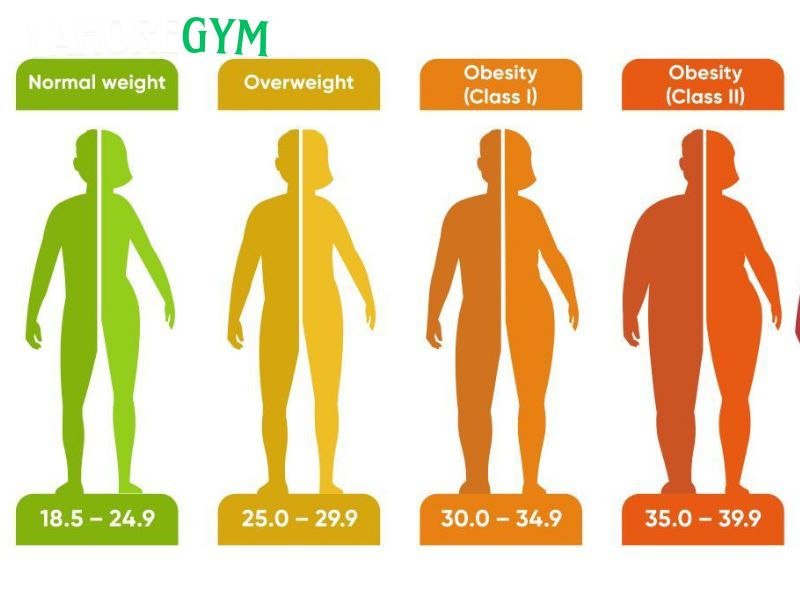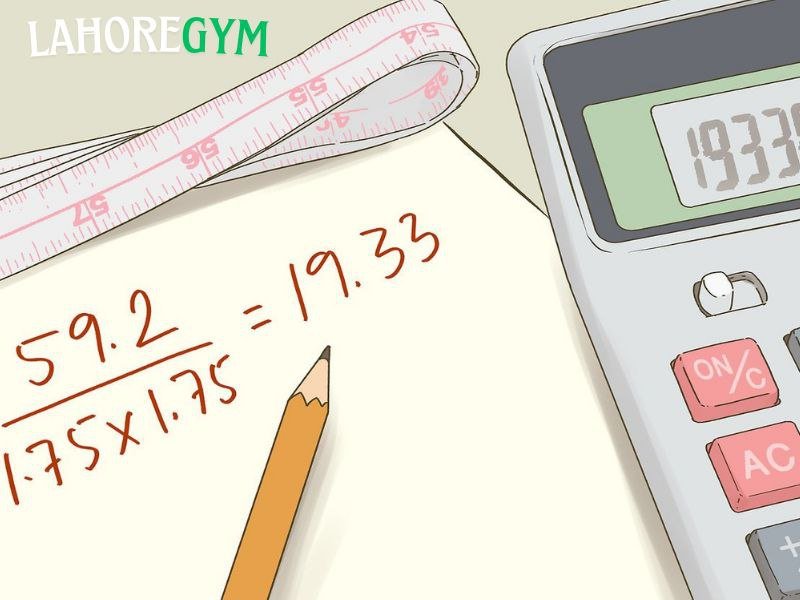
In a world where health challenges are increasing and lifestyles are accelerating, paying attention to fitness and overall health has become a necessity rather than a luxury, One of the most prominent tools that help individuals evaluate their health quickly and simply is the Body Mass Index (BMI), which is considered the first step in knowing whether your weight is appropriate for your height or if there is an imbalance that requires intervention,This formula is not just numbers; it carries deep indications about your current health and your future.
What is the Body Mass Index and Why is it Important?
The Body Mass Index is a mathematical formula that relies on measuring both weight and height together to give a numerical value through which it can be determined if a person is underweight, at an ideal weight, overweight, or obese in its various degrees.
Its importance lies in the fact that it is a global tool recognized by the World Health Organization for monitoring weight-related risks, such as heart disease and diabetes.
People often ask a common question: Is my weight ideal? The answer is that weight alone is not enough. A person weighing 80 kilograms may be an athletic individual full of muscle, while another with the same weight may suffer from obesity, Here, the BMI plays its role in providing a more accurate assessment.
The Relationship Between Body Mass Index and Health Risks
Studies show that individuals whose BMI value is higher than the normal range are more likely to develop chronic diseases.
For example, obesity is associated with high blood pressure, arterial diseases, and some types of cancer. Being overweight also affects joint and spine health and increases the likelihood of developing sleep apnea.
On the other hand, having a BMI below the minimum range is no less dangerous, as it is associated with a weak immune system, reduced muscle mass, osteoporosis, and hormonal disorders that negatively affect overall health.
Therefore, maintaining the BMI within the healthy range is considered the first line of defense against many diseases.
How to Calculate Body Mass Index and Interpret the Results
The calculation is very simple: all you need to do is divide your weight in kilograms by your height in meters squared:
BMI = Weight (kg) ÷ (Height in meters × Height in meters).
For example: if you weigh 70 kg and your height is 1.70 m, the formula would be:
70 ÷ (1.70 × 1.70) = 24.2, which falls within the healthy weight range.
The results are interpreted as follows:
- Less than 18.5: Underweight.
- From 18.5 to 24.9: Healthy weight.
- From 25 to 29.9: Overweight.
- 30 and above: Obesity in its different degrees.
The Ideal Weight Through Body Mass Index

The ideal weight is not just a random number; it is an indicator of the balance between the energy consumed by the body and the energy it receives from food.
Reaching a median value close to 22 is considered the best, as it ensures vitality, protects against chronic diseases, and helps improve quality of life.
How Can Body Mass Index Help Improve Your Lifestyle?
Knowing your BMI is not the end of the journey but the beginning of a practical plan:
- If the BMI is below normal: this means you need to gain weight in a healthy way by consuming meals rich in proteins and complex carbohydrates, along with resistance training to build muscle.
- If it is within the healthy range: you should maintain your good dietary habits and exercise regularly to ensure weight stability.
- If it is high: the solution lies in reducing the intake of sugars and saturated fats, increasing physical activity gradually, and focusing on cardio exercises such as brisk walking, running, and cycling.
Is BMI Enough on Its Own to Determine Your Health?
Despite its importance, BMI is not a 100% perfect tool, It does not differentiate between muscle weight and fat weight. For example, athletes may have a high BMI despite being in excellent health due to their large muscle mass.
It also does not take into account fat distribution in the body, which is an important factor in assessing health risks.
BMI remains an important guiding tool for understanding your initial health status, but it is not the final diagnosis.
Body composition, physical activity level, and genetic factors all play equally important roles, Nevertheless, being aware of your BMI value gives you greater awareness of your body and motivates you to take practical steps toward a healthy and balanced lifestyle.

